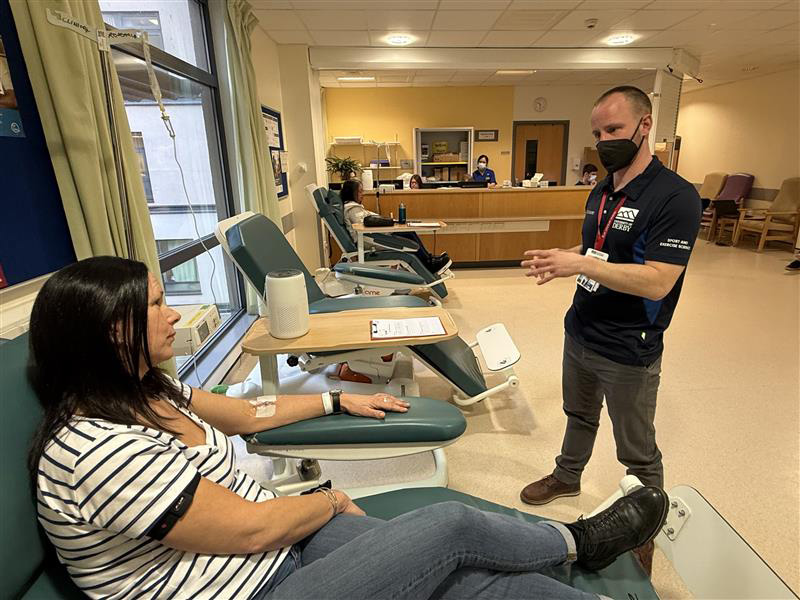Unprecedented 10 days of strike action to hit English colleges over low pay

Staff at 26 further education colleges will take ten days of strike action starting on Monday 26 September (2022) unless employers make a significant pay rise to deal with the cost-of-living crisis, the University and College Union (UCU) confirmed today (Monday). The action will amount to the biggest set of strikes ever in further education.
The strikes will take place over four weeks in the first half term of the academic year. The full dates of strike action are:
- Week 1: Monday 26, Tuesday 27 and Wednesday 28 September (3 days)
- Week 2: Thursday 6 and Friday 7 October (2 days)
- Week 3: Monday 10 and Tuesday 11 October (2 days)
- Week 4: Tuesday 18 Wednesday, 19 and Thursday 20 October (3 days).
The strike comes after 89.9% of UCU members voted YES (in July) to strike action on an overall turnout of 57.9%, which is the biggest mandate for industrial action across English further education colleges since the 50% turnout threshold was brought into force in 2016.
UCU is demanding employers make a pay offer that reflects the soaring costs college staff currently face. Since 2009 pay in further education has fallen behind inflation by 35% and the pay gap between school and college teachers stands at around £9k. Unqualified college teachers earn as little as £21k whilst qualified teachers earn as little as £26k.
In June, employer representative the Association of Colleges made a pay recommendation of just 2.5%. RPI inflation is now at 12.3% and predicted to hit 20% by January. Employers have had two months since UCU’s ballot result to make meaningful pay offers that reflect rising inflation levels, but have not done so.
Earlier this week staff at a further three colleges in the North West took two days of strike action over low pay, added to this nine additional colleges also have mandates to strike [NOTE 2]. This may lead to even more industrial action unless these colleges also make staff suitable pay offers.
This summer UCU produced a report that shows the vast majority of college staff are financially insecure, impacting the mental health of more than eight in 10 with many being forced to skip meals and restrict hot water use to save money. Seven in 10 said they will leave the sector unless pay and working conditions improve.
The Department for Education has announced £1.6bn in extra funding for further education and UCU estimates that colleges already have an additional £400m that is available to spend on staff compared with 2019-20.
UCU general secretary Jo Grady said:
‘College staff are set to take unprecedented strike action because they cannot go on being paid so little. Inflation is soaring and college bosses have more money at their disposal than they have had in years, yet they are refusing to protect their staff from the cost-of-living crisis.
‘College staff deliver excellent education but over the last twelve years their pay has fallen behind inflation by 35% and now thousands are skipping meals, restricting energy use and considering leaving the sector altogether. College leaders need to wake up to this crisis, stop dining off the goodwill of their workforce and make a serious pay offer. Failure to do so will lead to the largest strike action that English further education has ever seen.’











Responses